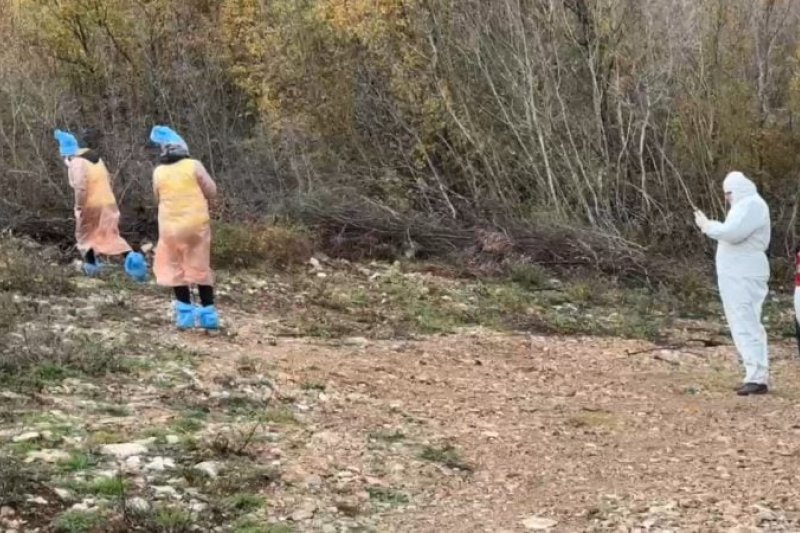African Plague Registered in Albania, Area Isolated
A case of the African plague was registered this Friday in Lezhe city of Albania.
The disease appeared at the pigs and preliminary informations said that ten pigs died inside a farm and in the area.
Immediately the area was isolated, and further verifications are being conducted In order to prevent a possible epidemic situatiion.
Plague is caused by the bacteria Yersinia pestis, a zoonotic bacterium usually found in small mammals and their fleas. There are two main clinical forms of plague infection: bubonic and pneumonic. Bubonic plague is the most common form and is characterized by painful swollen lymph nodes or ‘buboes’. Plague can be a very severe disease in people, with a case-fatality ratio of 30% to 60% for the bubonic type, and is always fatal for the pneumonic kind when left untreated. Currently, the three most endemic countries are the Democratic Republic of the Congo, Madagascar, and Peru.
It is transmitted between animals through fleas. Humans can be infected through the bite of infected vector fleas; unprotected contact with infectious bodily fluids or contaminated materials, and the inhalation of respiratory droplets/small particles from a patient with pneumonic plague.
People infected with plague usually develop acute febrile disease with other non-specific systemic symptoms after an incubation period of one to seven days, such as sudden onset of fever, chills, head and body aches, and weakness, vomiting and nausea.
Early diagnosis and treatment are essential for survival and reduction of complications. Antibiotics and supportive therapy are effective against plague if patients are diagnosed on time. Pneumonic plague can be fatal within 18 to 24 hours of disease onset if left untreated, but common antibiotics for enterobacteria (gram negative rods) can effectively cure the disease if they are delivered early.
Preventive measures include informing people when zoonotic plague is present in their environment and advising them to take precautions against flea bites and not to handle animal carcasses. Generally, people should be advised to avoid direct contact with infected body fluids and tissues. When handling potentially infected patients and collecting specimens, standard precautions should apply.













